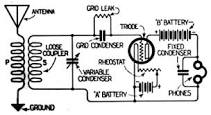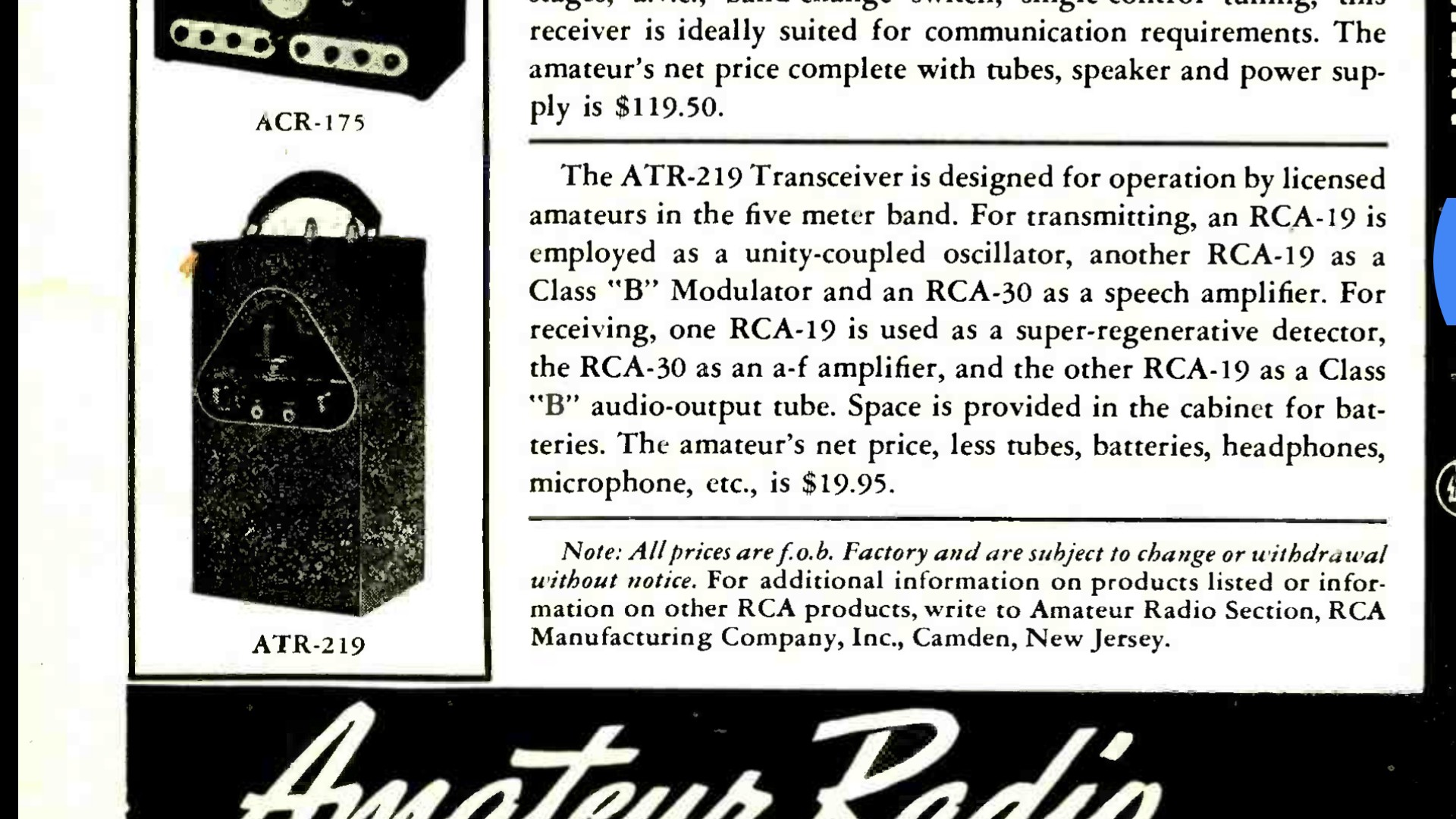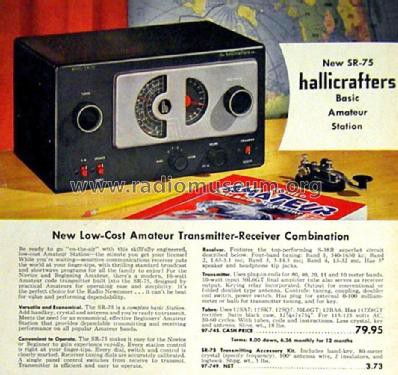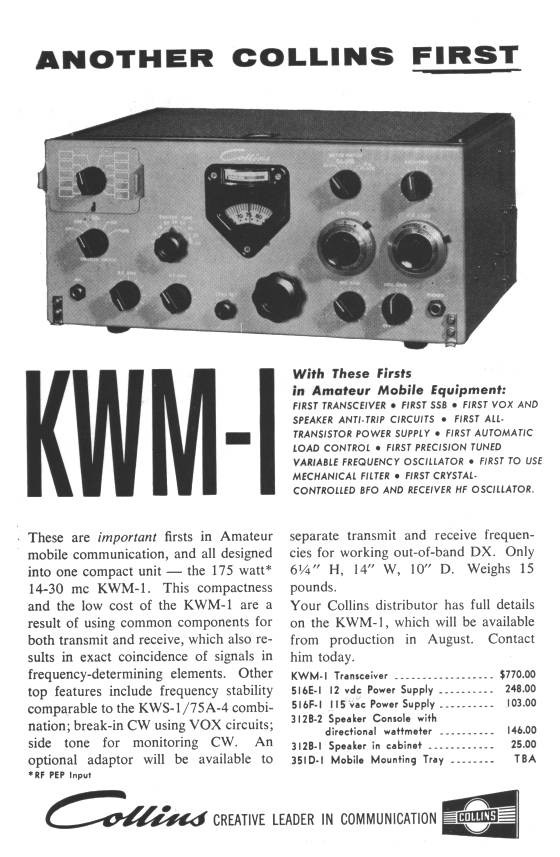I'm really passionate about signals and communications ever since I was a child where we "built satellites" - little did I know that it would become part of my future. So here is my first question:
When was the first radio transceiver built and by whom?
Search on Google brings one to Wikipedia
When was the first radio transceiver (transmitter/receiver) built and by whom
Search Results Featured snippet from the web
The first radio receivers invented by Marconi, Oliver Lodge and Alexander Popov in 1894-5 used a primitive radio wave detector called a coherer, invented in 1890 by Edouard Branly and improved by Lodge and Marconi. Radio receiver - Wikipedia https://en.wikipedia.org/wiki/Radio_receiver



